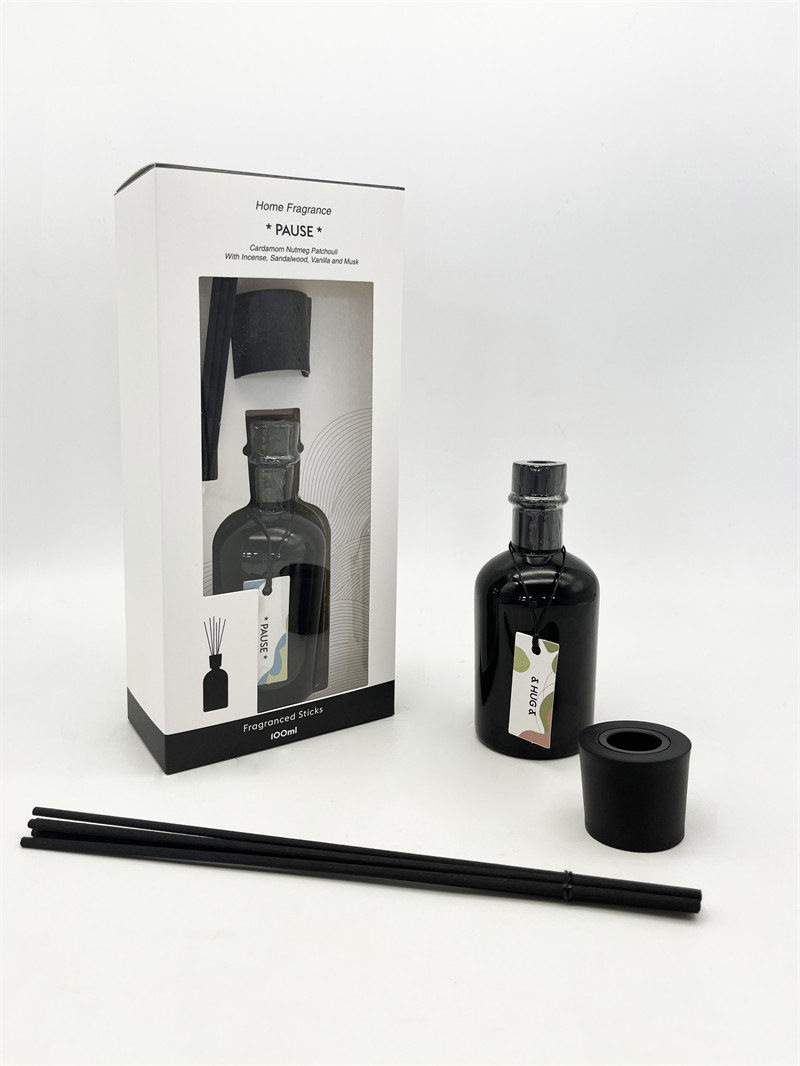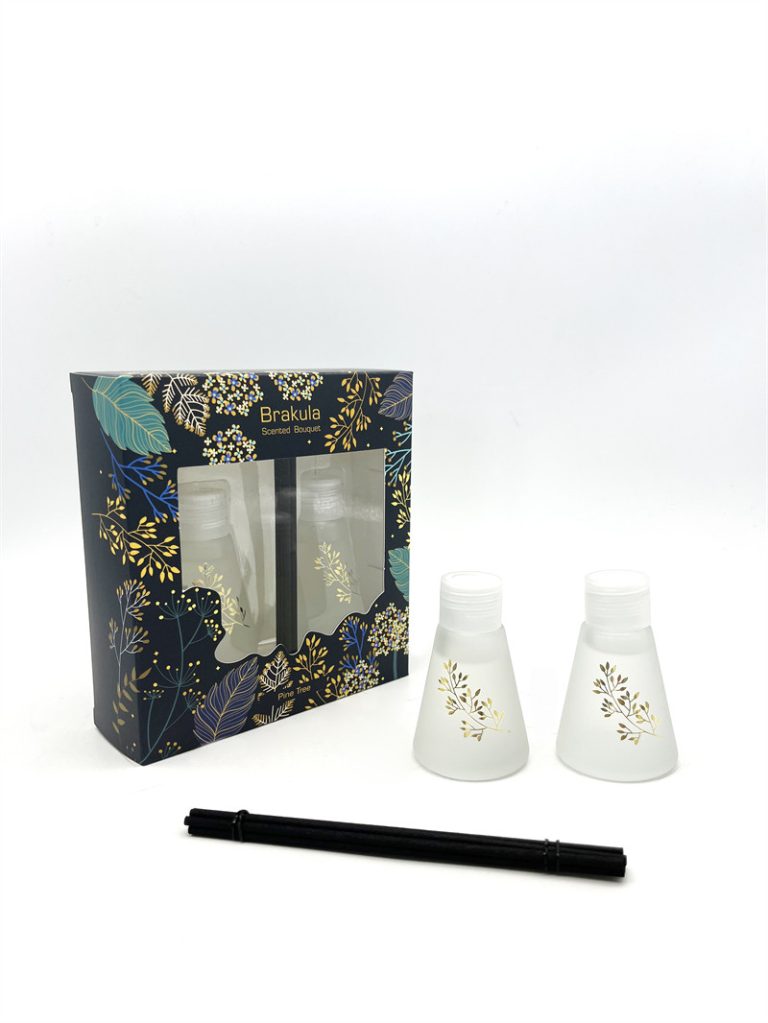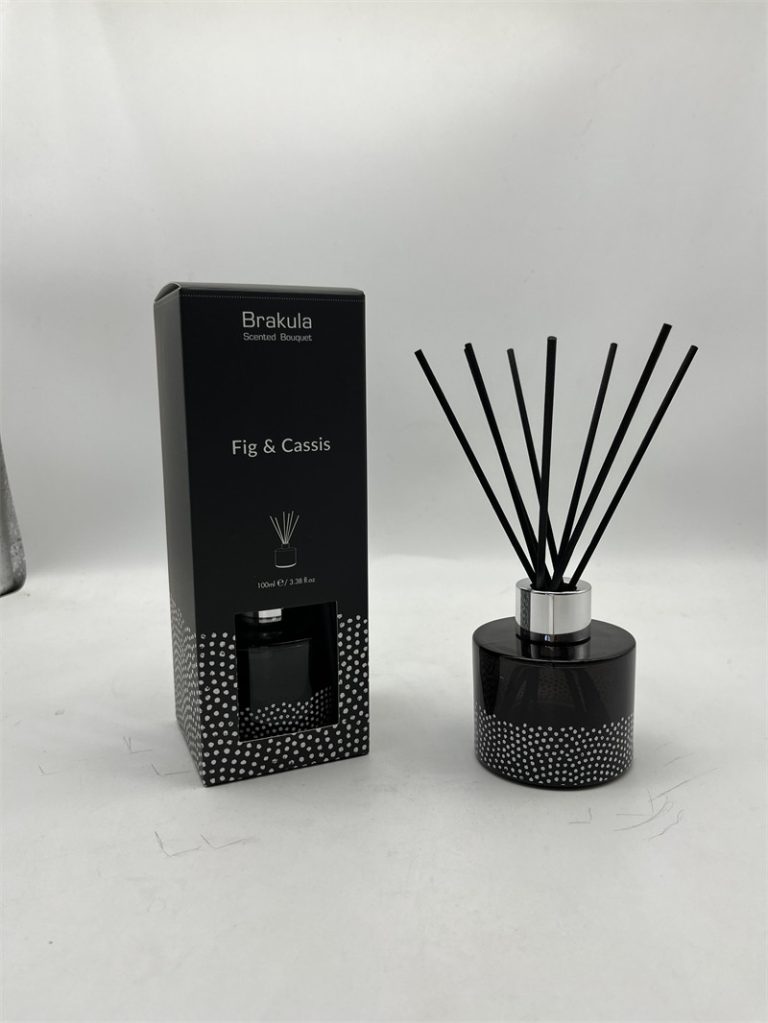Table of Contents
Potential Health Risks of Scented Candles
Scented candles have become a popular way to create a cozy and inviting atmosphere in homes and businesses. The pleasant aroma of a Scented Candle can help to mask unpleasant odors and promote relaxation. However, some people may experience negative side effects from scented candles, including nausea.
The chemicals used to create the fragrances in scented candles can be irritating to some individuals, particularly those with sensitivities or allergies. When these chemicals are released into the air and inhaled, they can trigger symptoms such as headaches, dizziness, and nausea. In some cases, the scent of a candle can be overpowering and cause a person to feel sick.
It is important to note that not all scented candles will cause nausea in everyone. Some people may be more sensitive to certain fragrances than others. Additionally, the quality of the candle and the ingredients used to make it can play a role in whether or not it will cause adverse reactions.
If you find that scented candles are causing you to feel nauseous, there are a few steps you can take to minimize the risk. First, try to choose candles that are made with natural ingredients and essential oils, as these are less likely to contain harsh chemicals that can trigger symptoms. You can also try burning the candle in a well-ventilated area to help disperse the scent more evenly and prevent it from becoming too strong.
Another option is to opt for unscented candles or candles with a mild fragrance that is less likely to cause nausea. Be sure to read the labels carefully and avoid candles that contain synthetic fragrances or other potentially harmful ingredients.
Hotel Aroma Customization If you continue to experience nausea or other symptoms when burning scented candles, it may be best to avoid using them altogether. There are plenty of other ways to create a warm and inviting atmosphere in your home without relying on scented candles. Consider using natural air fresheners, such as essential oil diffusers or potpourri, to add a pleasant aroma to your space without the risk of triggering negative side effects.
In conclusion, scented candles can be a lovely addition to any home, but they may not be suitable for everyone. If you find that scented candles are causing you to feel nauseous, it is important to take steps to minimize the risk of exposure to irritating chemicals. By choosing candles made with natural ingredients, burning them in a well-ventilated area, and opting for mild fragrances, you can enjoy the ambiance of a scented candle without the negative side effects. If all else fails, consider alternative ways to freshen up your space that won’t leave you feeling sick.
Tips for Choosing Non-Irritating Scented Candles
Scented candles are a popular way to create a cozy and inviting atmosphere in your home. However, for some people, the strong scents emitted by these candles can trigger nausea and other unpleasant symptoms. If you find yourself feeling queasy or lightheaded after lighting a scented candle, you may be wondering if the candle itself is to blame.
While scented candles can indeed cause nausea in some individuals, it is important to note that not all scented candles are created equal. The ingredients used in the candle, as well as the strength of the scent, can play a significant role in whether or not it triggers a negative reaction.
One common culprit in scented candles that can cause nausea is synthetic fragrances. These artificial scents are often made from a combination of chemicals that can be irritating to some people’s respiratory systems. If you are sensitive to synthetic fragrances, you may want to opt for candles that are scented with natural essential oils instead.
In addition to avoiding synthetic fragrances, it is also important to pay attention to the strength of the scent in the candle. Some candles are heavily scented, which can be overwhelming for some individuals and may trigger nausea or headaches. If you are sensitive to strong scents, look for candles that are labeled as being lightly scented or that have a more subtle fragrance.
https://reedaromalab.com/tag/high-grade-indoor-aromatherapy-best-chinese-company
Another factor to consider when choosing a scented candle is the type of wax used. Many scented candles are made from paraffin wax, which is derived from petroleum and can release harmful chemicals when burned. If you are concerned about potential irritants in your candles, you may want to opt for candles made from soy wax or beeswax, which are considered to be more natural and less likely to cause adverse reactions.
| Article Name | Diffuser Sets |
| Material | Wood |
| Suitable for | Prayer Room |
| Scents | Peach, Holiday Pomander |
| Capacity | 100ml |
| Color | Brown |
| Origin | China Supplier |
| Duration | 40-60days |
When shopping for scented candles, it is also a good idea to pay attention to any additional ingredients that may be used in the candle. Some candles contain additives such as dyes or preservatives that can be irritating to some individuals. Look for candles that are made with minimal ingredients and that are free from any unnecessary additives.
If you have experienced nausea or other symptoms after lighting a scented candle, it may be helpful to keep a journal of your reactions to different candles. Note the ingredients and strength of the scent in each candle, as well as any symptoms you experience. This can help you identify any patterns or triggers that may be causing your discomfort.
In conclusion, scented candles can indeed cause nausea in some individuals, but there are steps you can take to minimize the risk of experiencing negative reactions. By choosing candles scented with natural essential oils, opting for lightly scented options, selecting candles made from natural waxes, and avoiding unnecessary additives, you can create a cozy and inviting atmosphere in your home without triggering unpleasant symptoms. Remember to pay attention to how your body reacts to different candles and make informed choices to ensure a comfortable and enjoyable experience.






